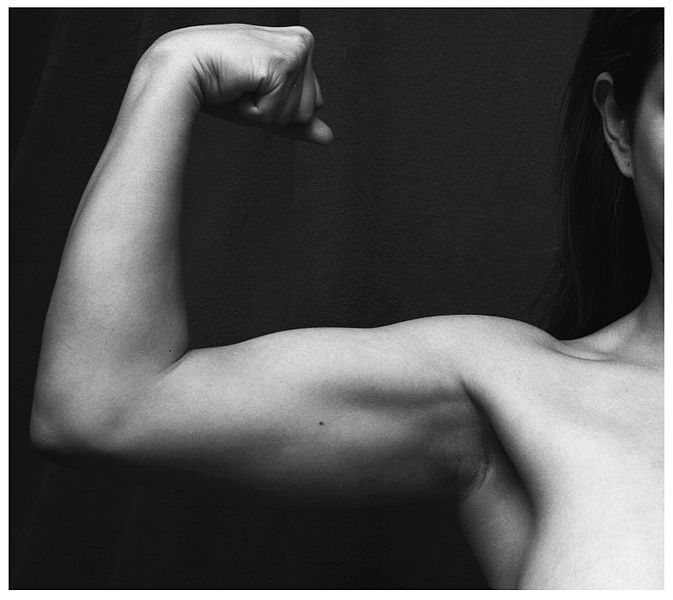

Whether you’re training for a marathon or pumping iron like Arnold, intense physical activity depletes your muscles’ primary source of energy, glycogen. There’s a whole industry of post-workout supplements designed to help your muscles bounce back as quickly as possible. But according to a study recently published in the International Journal of Sport Nutrition and Exercise Metabolism, other foods–including fast food–could replenish glycogen just as efficiently as the special supplements.
When you lift up that heavy dumbbell, the energy you’re using comes from glycogen, which makes up 2 percent of the weight of your skeletal muscles. (Glycogen can also be stored in the liver and released as a backup energy supply.) As you use your muscles, the amount of glycogen gradually decreases, usually depleting its supply between 10 and 30 minutes of the start of an activity depending on its intensity.
Replacing this glycogen after a workout is key–if you don’t, muscles can go looking for other sources of energy, weakening the body’s structure and stressing out the immune system. Carbohydrates are the primary source of glycogen, which is why a lot of athletes try carbo-loading before a demanding event, to give their muscles more energy. But eating some carbs after a workout is important, too, to replenish the glycogen lost during the workout and making muscles bulkier in preparation for future stress.
In the new study, researchers tested the effects of glycogen supplements and fast food on glycogen recovery and exercise performance. Eleven participants fasted for 12 hours before a 90-minute endurance workout. Immediately after, half of them were fed hotcakes, hash browns and orange juice, then after 2 hours were given a burger, fries and a Coke. The other half were given Gatorade, Cliff bars and Powerbars at the same times. At various intervals after the meal, the researchers took muscle tissue samples and did blood tests to check the subjects’ glycogen levels. They found that, after four hours, the results were basically the same no matter what the athletes ate.
The researchers concluded that some foods that aren’t necessarily marked as post-workout supplements could still do the same thing, which is great. But a lot of fast food includes nutritional components that can slow down glycogen replenishment, such as fat or fiber.
It’s also important to note that the researchers aren’t saying that fast food is better than these nutritional supplements; in general, eating too much fast food can be detrimental to your overall health, as it often contains a lot of sodium, cholesterol, and calories that can lead to a number of health conditions, such as obesity. So, like any time you visit a fast food joint, exercise caution, especially after a workout.